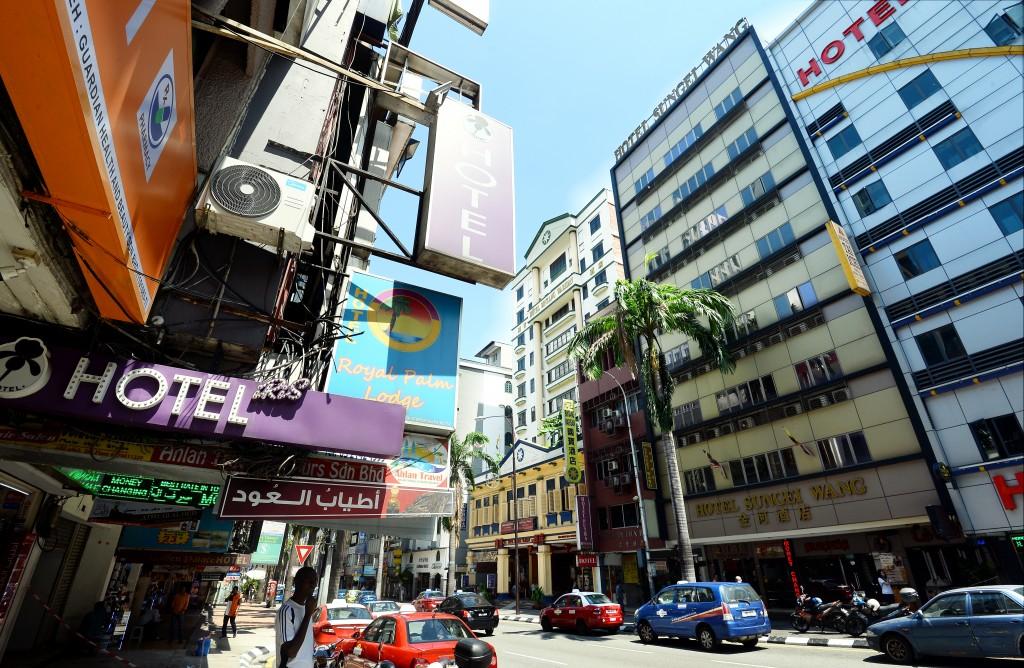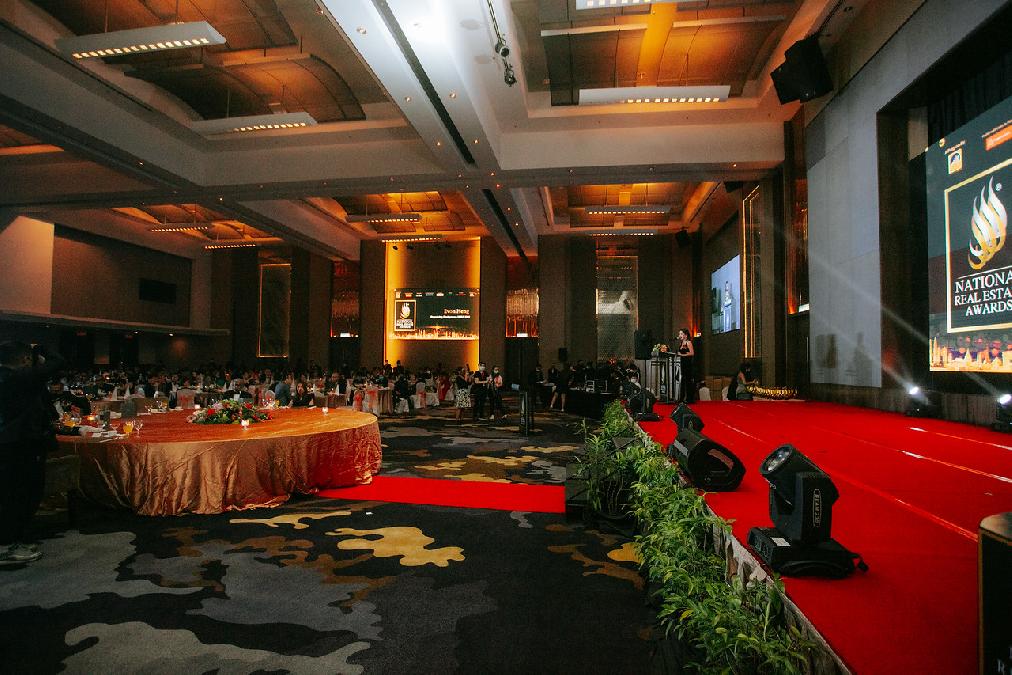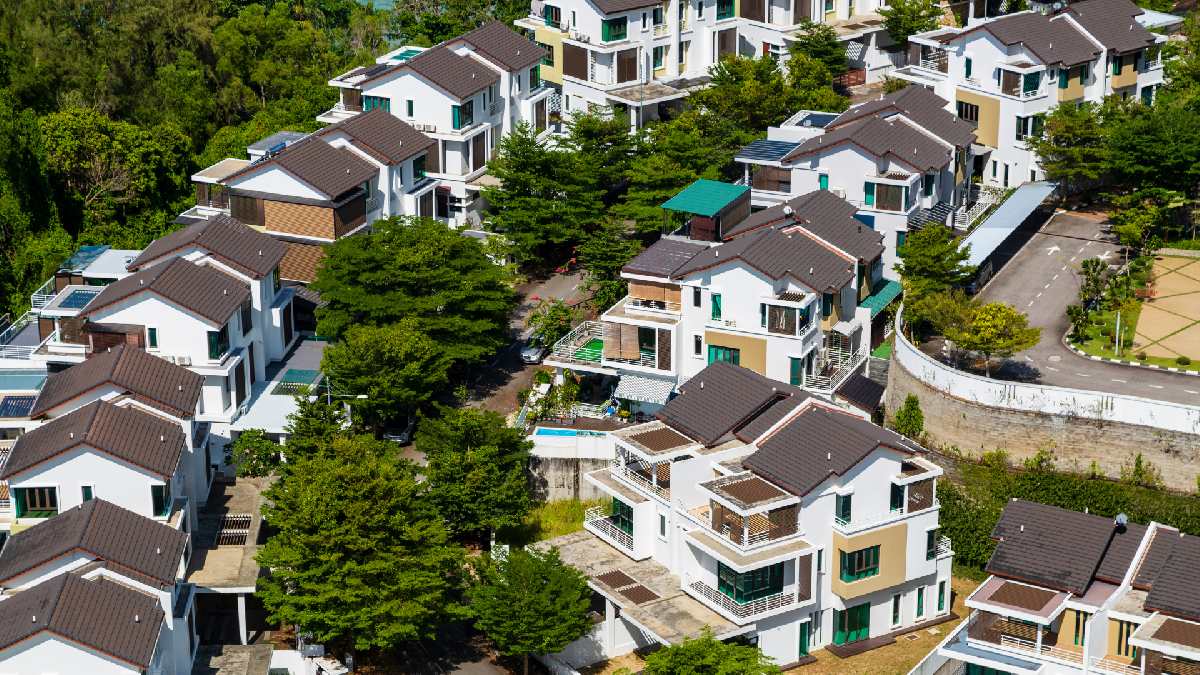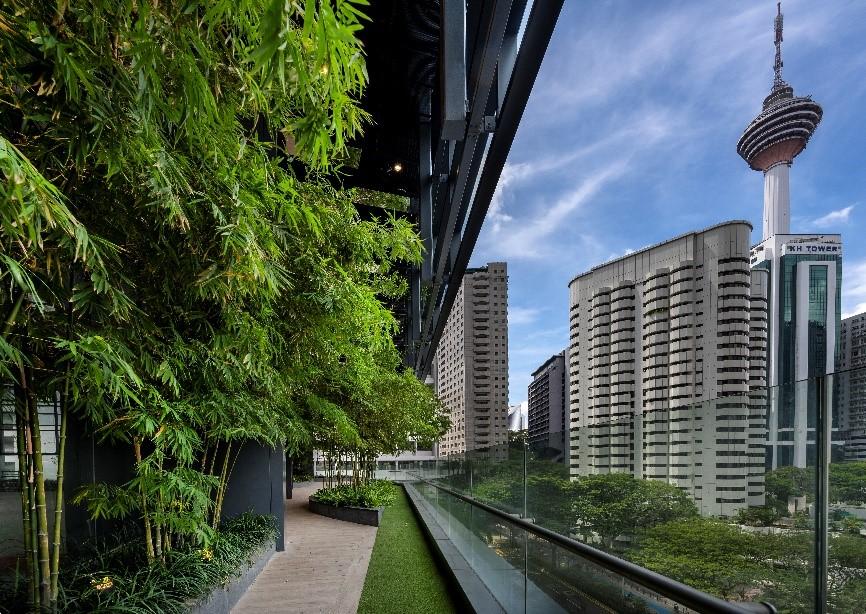As with most anything else in life, short term rentals and vacation stays are a mixed bag of positives and negatives.
My first and only stay in a short term let was in Paris. Obviously, the price was a concern and I needed a studio apartment for about two weeks. Through an owners' direct website, I found one just a short walk from the Champs-Élysées. It was definitely a nice welcome to have the owner waiting for me at the apartment and to have someone to turn to when I needed help.
When my family's apartment by the river in Kuching sat empty and unused for two years, we decided to turn it into an Airbnb in 2017. We wanted to learn something new and broaden our horizons. We have a great product: 2,300 square feet, two units renovated - one with an old, charming handcrafted interior of European design, a fantastic location, and unbeatable views.
It was difficult to get good rental offers for a big unit. Our management allowed it and there are no local authority rules prohibiting short term lets. Our house rules made sure our guests were orderly and kept the noise down.
With me as the host based in Kuala Lumpur, doing loads of communication with our guests, my co-hosts in Kuching did the greetings and necessities. Within 6 months, we became Superhosts. In 2018, our offering made it to the top 10 Airbnb vacation rentals in Kuching. Besides the good income, we got to know people from all walks of life worldwide.
With much sadness, we closed in February this year as we needed the apartment for our own use - but the experience and knowledge gained have been invaluable.
The evolution from humble beginnings
Short term rental sites such as Airbnb were born out of the need for owners to let out a room or two in their homes for additional income. It is a great way for those who enjoy hosting and meeting new people from near and far. The personalised service is a good fit for guests who want to live with a local.
Over the years, homestay arrangements have grown into a full-fledged commercial enterprise that is estimated to generate USD57.7 billion in revenue around the world in 2019 (according to Statista).
A number of whole properties would come under the umbrella of one operator (or "host") - and it no longer was a matter of sharing with a local owner.
In various countries, such as Japan, England, and the US, local authorities have set out to regulate rental homes to curb problems such as:-
- Increasing rents and prices of residential properties due to shortages created by homes being used wholly for short term lets. - Decreasing desirability of residential areas that see regular influxes of tourists and short term occupiers. - Breaches of planning requirements if there is a material change of use from residential to commercial.
Although short term lets provide relief for owners who are not able to get good rentals and prices in a sluggish economy, where there is an oversupply and insufficient demand to match - such as what Malaysia is going through for certain sectors and locations - they can be undesirable. It is not unheard of for unruly guests to become a nuisance and spoil common areas.
But rather than letting the properties be vacant, owners need income. The crux of the issue would be to achieve a fine balance between helping these owners - and at the same time finding solutions for the problems that could arise.
The budget hotel industry in Malaysia has also been adversely affected by the mushrooming of homestay properties. Hotel operators complain that whilst they need to adhere to many regulations, including safety and fire escape routes, homestay accommodations could do what they like.
The need for uniform guidelines In Malaysia, there is currently no national set of guidelines nor laws regulating short term lets. It remains a self-regulating industry. Homestay owners must check with their local councils and property management for details on restrictions if any.
The Ministry of Tourism imposed a tourist tax of RM 10 per room for foreign tourists effective September 2017 and Airbnb has agreed to abide by it. The tax will not apply to homestays and kampung stays registered with the ministry and premises with fewer than four rooms. Owners need to reconfirm this requirement with their service providers and the Ministry.
In August 2017, Rehda Institute organised a dialogue whereby an officer from DBKL brought up a circular from the urban wellbeing, housing, and local government ministry. It states that for strata title properties, the management's by-laws will determine whether owners can rent out their units via Airbnb.
Last year, DBKL issued instructions to homestay owners to register their properties, failing which action can be taken. They have planned to set the regulations this year. Registration can be done on elesen.dbkl.gov.my for those operating in Kuala Lumpur. The Ministry of Tourism has urged all short term operators and owners to register.
The Penang Island City Council (MBPP) by 2016 was already cracking down on illegal and unlicensed lodging houses. Only serviced apartments are allowed to operate short term lets. All residential apartments, condominiums, flats and gated residential houses are off limits. The council has fined owners RM250 each for operating short term rentals without a business licence.
The Malaysia Productivity Corporation (MPC), a statutory body under the Ministry of International Trade and Industry was slated to submit a proposal to the government by the end of April this year to regulate the industry.
One of the suggestions is to limit the number of rental days - like what Japan has implemented. Japan has legalised the homestay industry under the Minpaku Law - which took effect on June 2017 - owners are now only allowed to rent their properties out for up to 180 days a year.
On 26th May 2015, a change in United Kingdom regulations made it mandatory for anyone renting out accommodation for more than 90 days per calendar year to obtain a planning permit from their local council. Non-compliance would incur a hefty fine and lead to cessation of activities.
A limitation of days works well for places where there isn't an oversupply of properties - but this measure may not be the best remedy where there is a glut.
In a survey conducted by Airbnb this year, half the respondents wanted a national set of guidelines. Airbnb's head of public policy for Southeast Asia Mich Goh, said in a press release on 17th April 2019, "It is clear that Malaysians want a clear and consistent national approach for short term rental regulations. Clear and sensible guidance at a national level streamlines regulatory efforts for the various states providing the host community greater clarity and certainty."
What the Act says The Strata Management Act 2013, which covers Peninsula Malaysia and Labuan, does not regulate short term rentals but does allow the management to pass a resolution at the AGM to prohibit owners from operating.
Section 70(2) of the SMA empowers a management corporation (MC) to make additional by-laws. A few years ago, my management at my residence in Kuala Lumpur, put in a special resolution at our AGM to prohibit short term lets and had it voted through. A ¾ vote out of a total number of voters present was needed for this resolution to be passed. The resolution also included a fine of RM200 per day for offenders. Read about special resolutions in my previous article on House Rules.
As a general guide, management by-laws need to be subservient to and consistent with local authority regulations. If your local authority allows short term lets, your management needs to abide by it. Your management's decision would be final if there are no guidelines set on a national, state, or local council level. That means homestay owners could be asked to stop their operations in any year if their management passes a resolution against it. The same applies to East Malaysia.
It would be a great challenge for our government to come up with a national set of guidelines or laws such that homestay owners can operate with greater clarity and confidence but keeping the problems associated with it to a minimal. In our current economic climate and glut situation, short term lets will not only benefit owners but would also help to boost the tourism industry.

.jpeg)







.jpeg)

